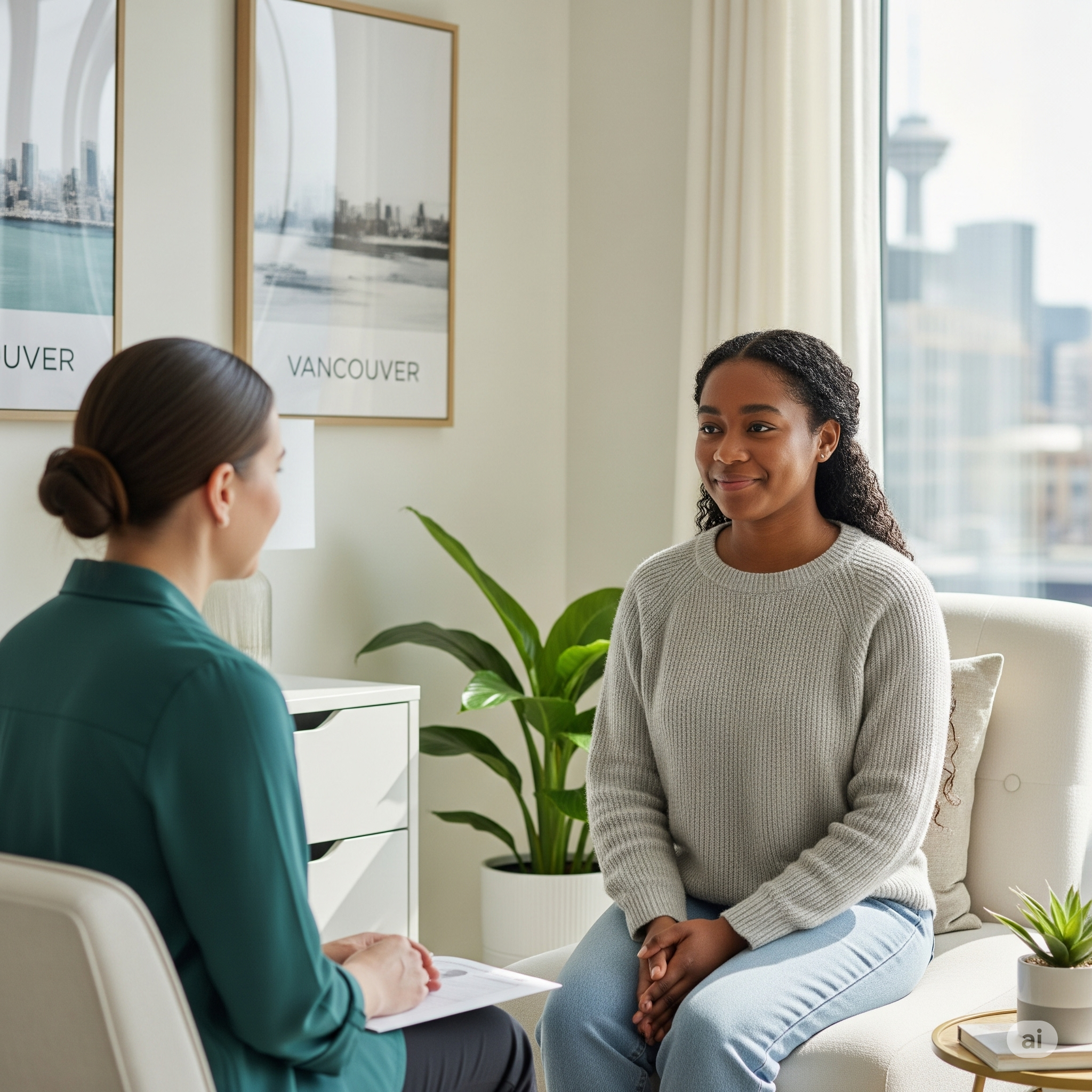Top Counseling and Mental Health Support for Abuse Survivors in Vancouver
Finding the right mental health support is crucial for healing. This guide highlights top counseling resources available for abuse survivors in Vancouver.

Top Counseling and Mental Health Support for Abuse Survivors in Vancouver
Healing from abuse involves not only ensuring physical safety but also nurturing emotional and psychological well-being. In Vancouver, a robust network of counseling and mental health services offers tailored support for survivors of domestic violence, sexual assault, and other forms of trauma. This guide outlines key resources, therapeutic approaches, and practical steps to connect with compassionate, expert care on your journey to recovery.
Why Specialized Mental Health Support Matters
Abuse can leave deep psychological wounds—post-traumatic stress, anxiety, depression, and complex trauma are common outcomes. Therapists trained in trauma-informed care understand these challenges and use evidence-based methods to help survivors safely process their experiences, build coping strategies, and reclaim resilience.
Leading Counseling and Support Services in Vancouver
1. Victim Services & Crime Victim Assistance Program (CVAP)
- Overview: Victim Services units, linked to Vancouver Police and RCMP detachments, provide crisis counselling, emotional support, and referrals. Through CVAP, survivors can receive financial assistance to cover therapy costs.
- Access: Call VictimLink BC at 1-800-563-0808 to connect with your local Victim Services office and learn about CVAP eligibility and application.
2. WAVAW Rape Crisis Centre
- Overview: WAVAW offers free, trauma-informed individual and group counselling for women and gender-diverse survivors of sexualized violence.
- Services: 24-hour support line (604-255-6344), court accompaniment, advocacy, and ongoing therapy programs.
- Access: Visit wavaw.ca or call the support line to book an appointment.
3. BC Society of Transition Houses
- Overview: Beyond safe shelter, many Transition Houses operate outreach programs offering counselling and peer support for women and children healing from domestic violence.
- Access: Find a local Transition House via bcsth.ca to inquire about counselling services and group workshops.
4. Community Health Centres
- Overview: Vancouver’s Community Health Centres deliver sliding-scale counselling, psychiatric support, and peer-led groups for individuals facing financial barriers.
- Examples: Mount Pleasant and Strathcona Community Health Centres offer mental health programs in diverse neighbourhoods.
- Access: Contact your nearest centre through Vancouver Coastal Health’s website.
5. Private Practice Therapists Specializing in Trauma
- Overview: Registered Clinical Counsellors (RCCs) and psychologists across Vancouver offer specialized trauma therapy—often using sliding scales or extended health benefits.
- Finding Providers: Use directories such as the BC Association of Clinical Counsellors (bc-counsellors.org) or Psychology Today to search for “trauma-informed,” “PTSD,” or “domestic violence” clinicians.
6. Multicultural and Identity-Specific Services
- Overview: Culturally sensitive counseling meets the unique needs of Indigenous peoples, immigrants/refugees, LGBTQ2S+ survivors, seniors, and persons with disabilities.
- Access: Look for community organizations—such as MOSAIC, Qmunity, or local Indigenous Friendship Centres—that offer or refer to specialized mental health programs.
7. Online and Telehealth Platforms
- Overview: Virtual therapy via local BC platforms and national services like BetterHelp can increase accessibility and anonymity for survivors.
- Considerations: Confirm therapist credentials, trauma expertise, and privacy policies before starting sessions.
Effective Therapeutic Approaches for Trauma Recovery
- Trauma-Focused CBT (TF-CBT): Integrates trauma processing with cognitive and behavioral skills.
- Eye Movement Desensitization and Reprocessing (EMDR): Uses guided eye movements to reduce distress from traumatic memories.
- Somatic Experiencing: Releases stored trauma through body-awareness techniques.
- Dialectical Behavior Therapy (DBT): Teaches emotional regulation, distress tolerance, and interpersonal effectiveness.
- Narrative Therapy: Empowers survivors to re-author their life stories, highlighting strengths and resilience.
How to Choose the Right Support
- Verify Specialization: Look for trauma credentials and experience with abuse survivors.
- Assess Fit: Many providers offer free consultations—use them to gauge comfort and rapport.
- Consider Logistics: Evaluate cost, location, hours, and whether they offer virtual options.
- Cultural Competence: Ensure the provider respects your identity, language, and cultural context.
Taking the First Step
- Reach Out for Referrals: Contact WAVAW, VictimLink BC, or your local Community Health Centre to request therapy referrals.
- Explore CVAP Funding: Apply through VictimLink BC to offset counselling costs.
- Use Online Directories: Search provincial registries or national platforms to identify qualified therapists.
- Ask Your Doctor: Primary care providers can recommend mental health specialists and expedite referrals.
Conclusion
Accessing specialized counseling and mental health support is a powerful act of self-care and resilience for abuse survivors. Vancouver’s diverse resources—from Victim Services and WAVAW to private trauma therapists and community centres—offer safe, compassionate spaces to heal. By finding the right support and therapeutic approach, survivors can rebuild their lives, nurture well-being, and step confidently into a future defined by strength and hope.
